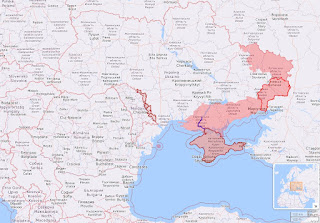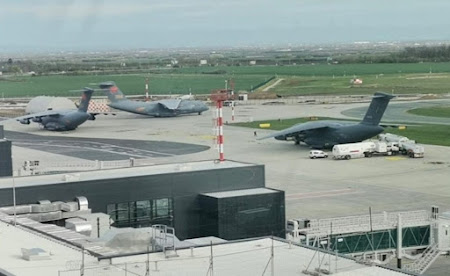
Tony Blair: The world is on the verge of geopolitical changes; the era of Western hegemony is nearing its end
Former British Prime Minister, Tony Blair, pointed out that the world is on the verge of geopolitical changes, pointing out that the era of Western hegemony is nearing its end, and is moving towards multipolarity.
"The biggest geopolitical changes of this century will be provoked by China, not Russia," Blair said, in a lecture at a symposium organized by the British-American "Ditchley" Foundation.
He added that "the world will become, at least, bipolar, or perhaps multipolar, and we are approaching the end of Western hegemony in politics and economics."
He continued, "For the first time in modern history, the East can be on an equal footing with the West."
He added that China "is the second superpower in the world, and its economic potential and degree of participation in the global economy is higher than that of Russia."
He believed that "China has caught up with the United States in many technological fields, and is threatening to overtake the United States."
He pointed out that "the Chinese leadership is behaving more and more aggressively, and does not hide that it treats the West with contempt and is getting close to Russia, and it wants to solve the Taiwan problem at last."
"Don't get me wrong, I'm not saying that China will try to take Taiwan by force any time soon, however, we can no longer base our policy on the certainty that it won't," Blair said. China in the near future.
He described the differences in the positions of the Group of Twenty countries on the Ukrainian issue as a warning to the West, calling for building relations with China on the basis of the principle of strength and participation.
He called on the West to "increase military spending and remain strong enough to resist China in any future scenario, while maintaining relations with Beijing, acting in a pragmatic rather than aggressive manner, and demonstrating a willingness to mutual respect."
The former US Secretary of State, Henry Kissinger, had confirmed, earlier, that the global geopolitical situation "will witness changes after the end of the war in Ukraine. It is natural that the interests of Russia and China will not be identical on all issues."
French President Emmanuel Macron also emphasized that the world is no longer bipolar, but rather multipolar.













































































